
Do Not Put These Things In The Freezer
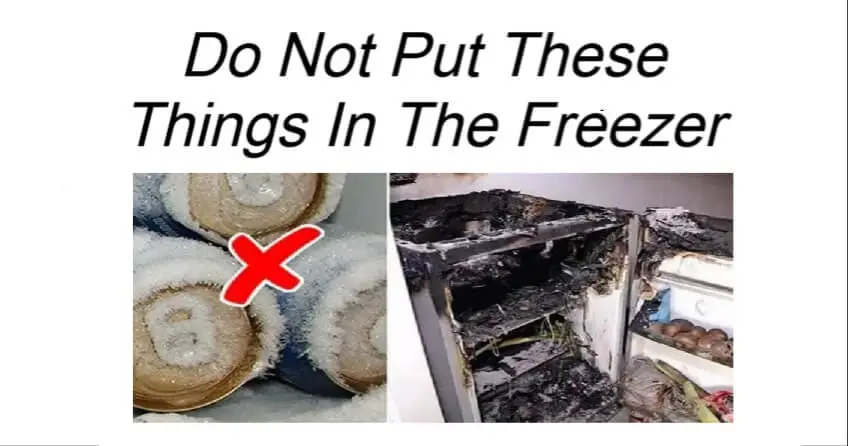
⚠️ WARNING: Do Not Put These Things In the Freezer
Most of us rely heavily on refrigerators and freezers to keep our food fresh and our drinks cold—especially during scorching summer days. But while these appliances are a staple in every home, many people overlook the fact that misusing your freezer can lead to dangerous consequences. Improper storage doesn’t just risk damaging the appliance—it can also endanger your health, your home, and your loved ones.
A Shocking Incident in Shanghai
A heartbreaking story recently emerged from Shanghai, where a 5-year-old boy was seriously injured after a can of soda exploded in his hands. Trying to quickly cool the drink on a hot day, he placed the can in the freezer. But once removed and opened, it burst violently, leaving the child with facial injuries that required 38 stitches. The emotional trauma and physical pain were immense—not just for the child, but for his entire family.
Unfortunately, this isn’t an isolated event. Medical professionals have reported an increase in freezer-related injuries, particularly involving carbonated beverages. These accidents serve as a serious reminder: not everything belongs in the freezer, no matter how convenient it might seem at the time.
3 Everyday Items You Should NEVER Put in the Freezer
Below are three common household items that can become hazardous or even explosive when stored in the freezer.
1. Carbonated Drinks (Soda, Sparkling Water, etc.)
Why it’s dangerous:
Cans and bottles of soda are filled with carbon dioxide gas (CO₂) under pressure. When you place one in the freezer, the liquid begins to freeze and expand. But since the container is sealed, the expanding ice and gas have nowhere to go. Eventually, the pressure builds to the point where the can explodes, either inside the freezer or—much worse—after you remove and open it.
Real-world consequences:
Exploding soda cans have shattered freezer shelves, damaged other food items, and in some cases, caused physical harm. Injuries can include cuts, burns from freezing liquid, or even damage to the eyes if the explosion happens at close range.
Safe alternatives:
-
Chill soda in the refrigerator for a longer but safer cool-down.
-
Or submerge the can in ice water for 5–10 minutes for faster results.
-
Always set a timer if you do try to pre-chill in the freezer briefly, and never leave it unattended.
2. Alcoholic Beverages
Why it’s dangerous:
Alcohol, like water, expands when frozen. If sealed in a glass bottle or tightly capped container, this expansion can cause the bottle to crack, shatter, or even explode. In some cases, particularly with spirits like vodka or whiskey, the alcohol doesn’t freeze easily—but that doesn’t mean it's safe. Some alcohols are flammable, and placing them near an electrical component or spark can ignite a fire inside your appliance.
Safe alternatives:
-
Chill beer or wine in an ice bucket or wine cooler.
-
Serve spirits over ice instead of pre-freezing them.
-
Store alcoholic drinks in a cool, shaded place, away from heat or sunlight.
-
If you must freeze alcohol (e.g., for cocktails), use diluted or prepared mixes and freezer-safe containers.
3. Dry Ice (Solid CO₂)
Why it’s dangerous:
Dry ice isn’t just extremely cold—it’s also a volatile substance. As it warms, it doesn’t melt into a liquid like water; instead, it sublimates, turning directly into carbon dioxide gas. In a sealed or enclosed space like a freezer, this gas builds up pressure quickly. The result? It can crack, damage, or even explode parts of your freezer. Worse, CO₂ buildup in enclosed spaces can displace oxygen, creating a suffocation risk.
Safe alternatives:
-
Always store dry ice in ventilated containers, such as coolers with loose lids.
-
Never place it in an airtight or sealed freezer compartment.
-
Always handle dry ice with protective gloves or tongs to prevent frostbite or skin burns.
The Bigger Picture: Safety and Appliance Risks
It’s not just about avoiding injuries. Improper freezer storage can also:
-
Damage internal components of the freezer, leading to expensive repairs
-
Cause electrical fires due to pressure buildup or leaking liquids
-
Contaminate or ruin nearby food, creating health risks
-
Lead to total appliance failure, which means spoiled food and lost money
-
Put your family’s safety at risk, especially children who may try to copy adults
Smart Freezer Safety Tips
To keep your home and loved ones safe, follow these freezer best practices:
✅ Only freeze items that are labeled as freezer-safe
✅ Use flexible containers and leave space for liquids to expand
✅ Label and date everything to track how long it’s been stored
✅ Follow a first-in, first-out system to prevent food waste and spoilage
✅ Educate and supervise children, teaching them what not to do
✅ Regularly check your freezer for forgotten or dangerous items
Final Thoughts: A Little Caution Goes a Long Way
Freezers are a wonderful convenience—but they’re not meant for everything. As seen in the tragic Shanghai case, one small mistake can lead to lifelong consequences. A moment of carelessness—like tossing a soda into the freezer and forgetting about it—can turn into a dangerous situation.
Always ask yourself: “Is it really freezer-safe?” If you're unsure, err on the side of caution.
By using your freezer wisely and staying informed, you can keep your family safe, protect your appliances, and avoid unnecessary accidents.
News in the same category


Researchers Find Higher Intelligence Is Correlated With Left-Wing Beliefs and Seems to Be Genetic
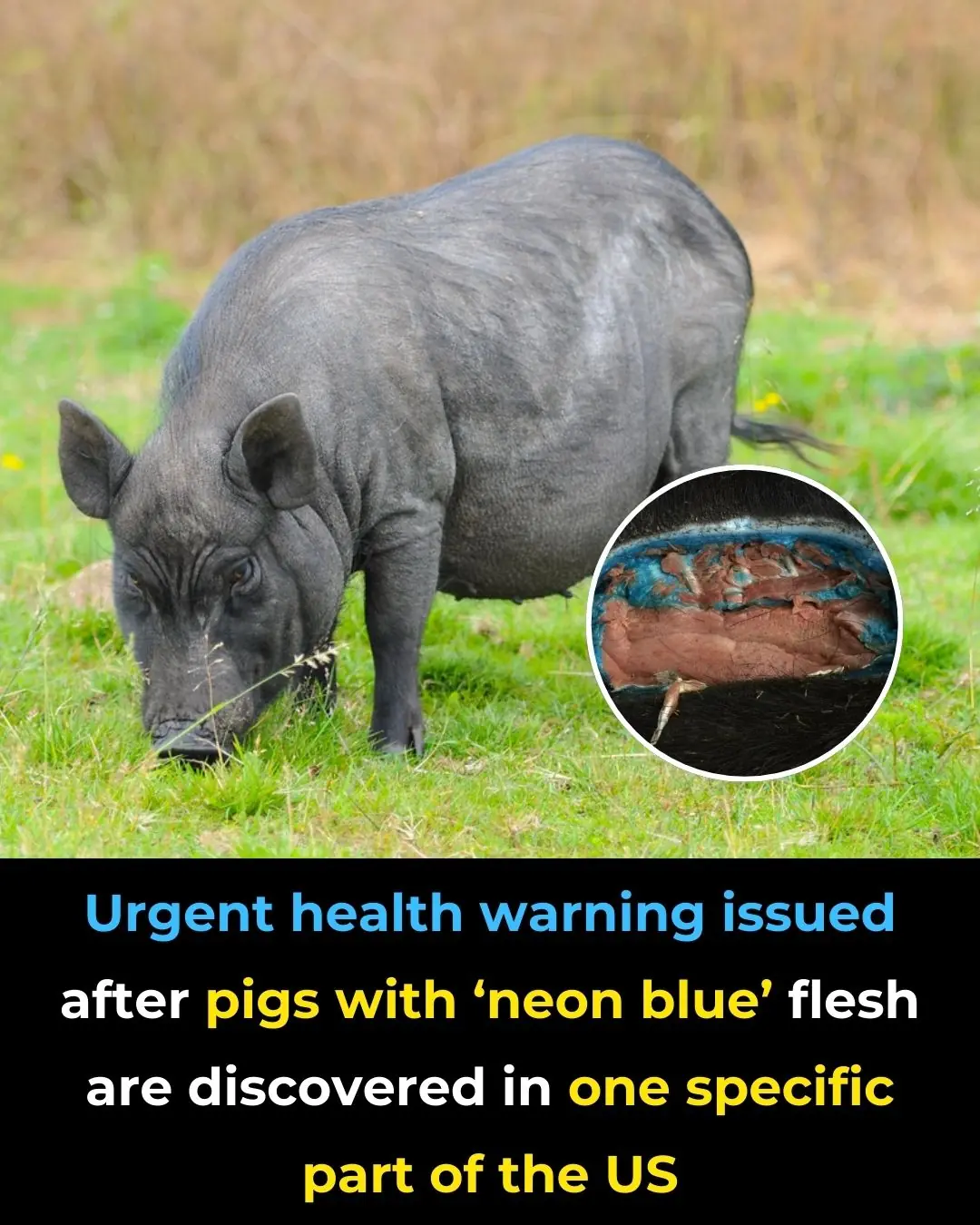
Urgent Health Warning Issued After Pigs With ‘Neon Blue’ Flesh Are Discovered in One Specific Part of the Us

'Hostile' comet aimed at Earth could obliterate the world's economy 'overnight' if it hits

Iconic movie sequel delayed until 2027 after online sleuths 'guessed the plot'

Don’t Sleep With Your Pets
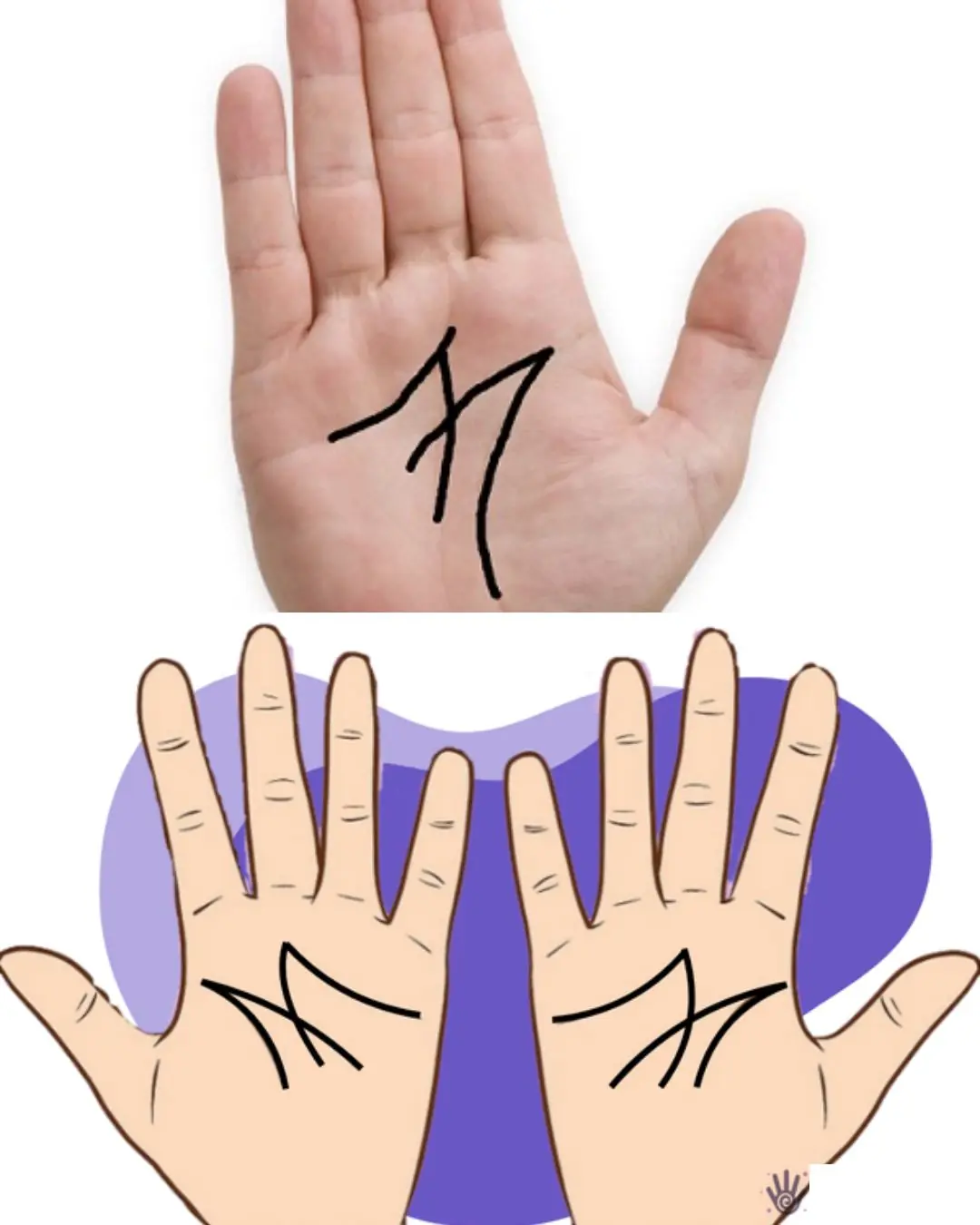
The Secret Meaning of the Letter “M” on Your Palm

The Remarkable Journey of Tru Beare, Who Was Born Weighing Only One Pound

Researchers Create Injectable Hydrogel to Boost Bone Strength

If You Have Moles on This Part of Your Body
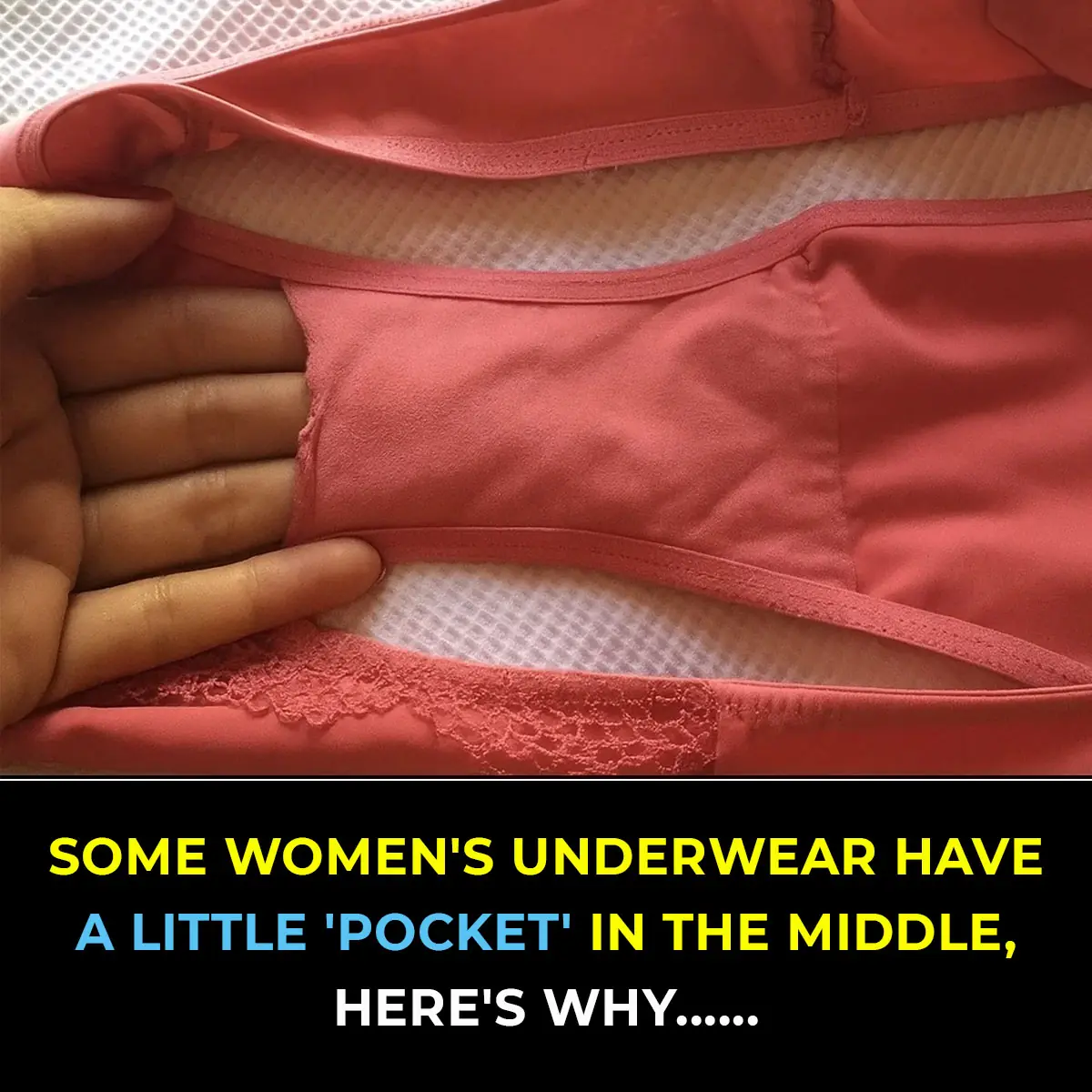
The Purpose of the Small Pocket in Women’s Underwear

Can You Spot the Hidden Number?
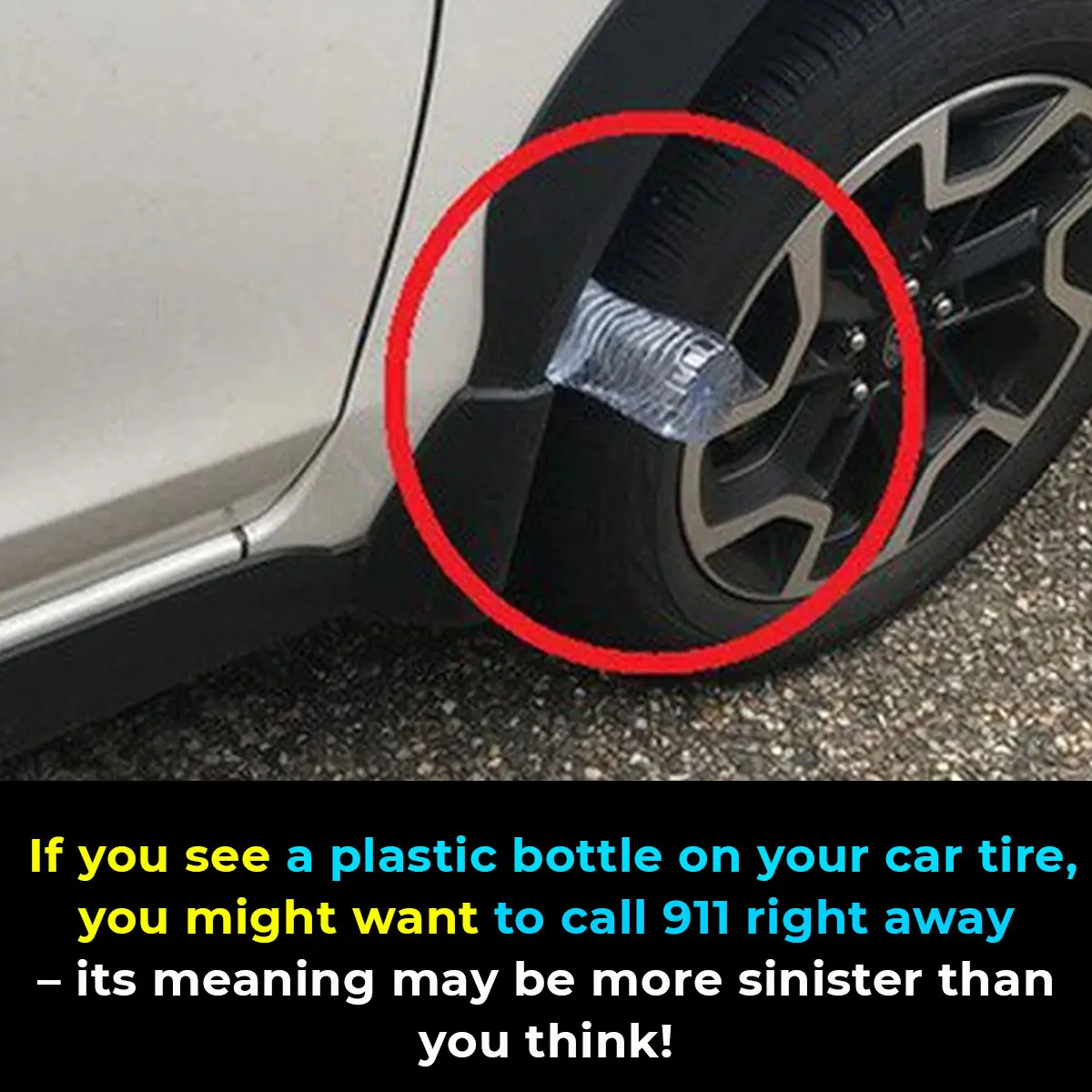
Beware of the Plastic Bottle Scam: A New Car Theft Tactic

Chinese Scientists Say They Created a Cure for Type 1 Diabetes

Rob Gronkowski forgot he invested $69,000 in Apple and ten years later the value has completely changed his net-worth

Scientists discover that powerful side effect of Ozempic could actually reverse aging

Scientists warn ancient Easter Island statues could vanish in a matter of years

NASA astronaut describes exactly what space smells like and it's not what you'd expect

Subtle Signs Your Passed Loved One Is Watching Over You

What Does a Thumb Ring Really Mean
News Post
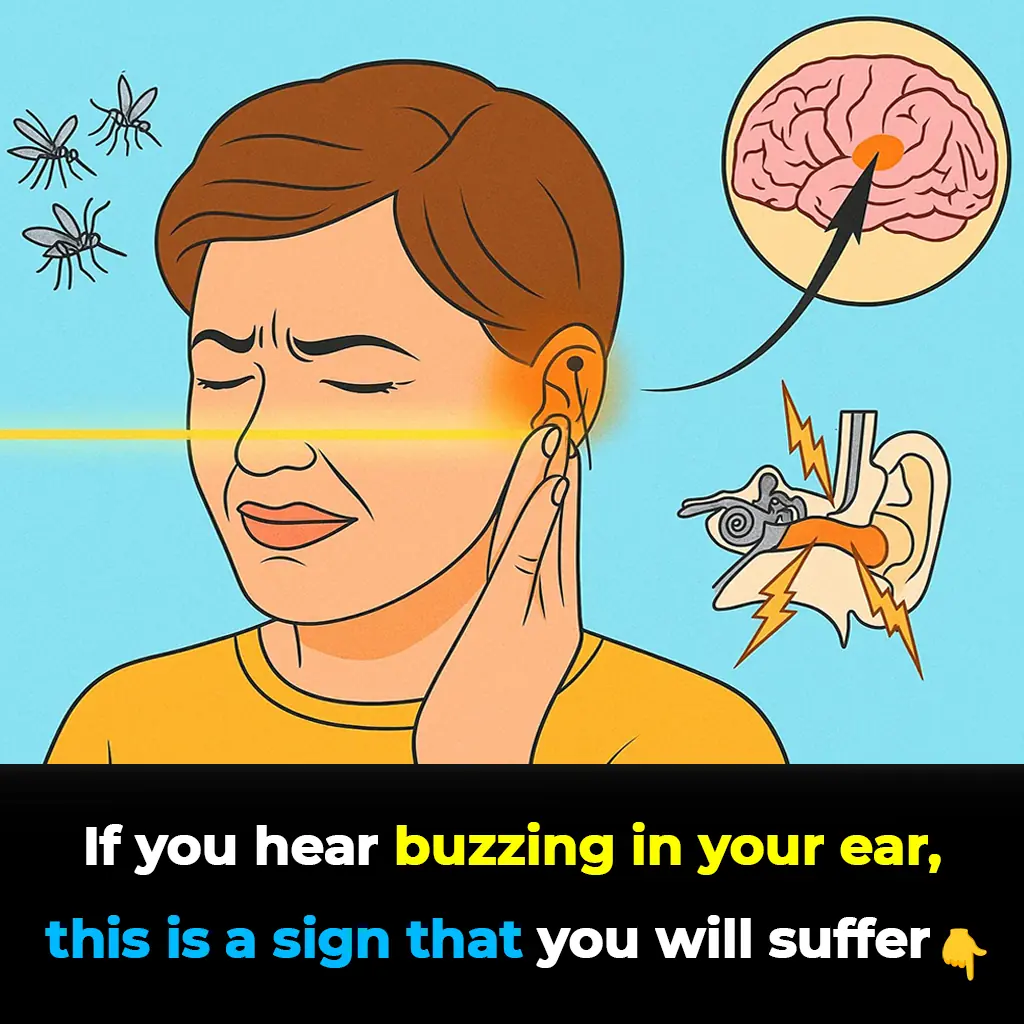
The Hidden Truth About Tinnitus: Why That Ringing in Your Ears Shouldn’t Be Ignored
Over time, repeated noise trauma damages tiny hair cells inside the cochlea, which cannot regenerate, resulting in permanent hearing changes and tinnitus.

DIY Turmeric & Ginger Shots to Fight Inflammation, Boost Immunity & Soothe Your Gut
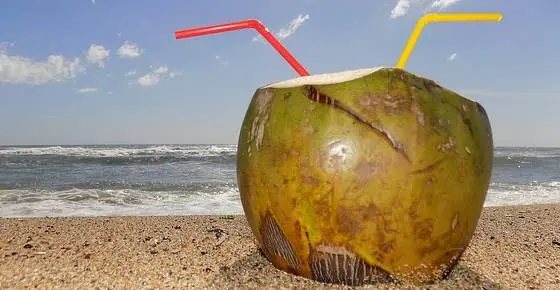
Coconut water: Is It Good for You, Nutrition, Benefits, Side Effects (Science Based)

Clean Arteries: 10 Foods to Eat Daily
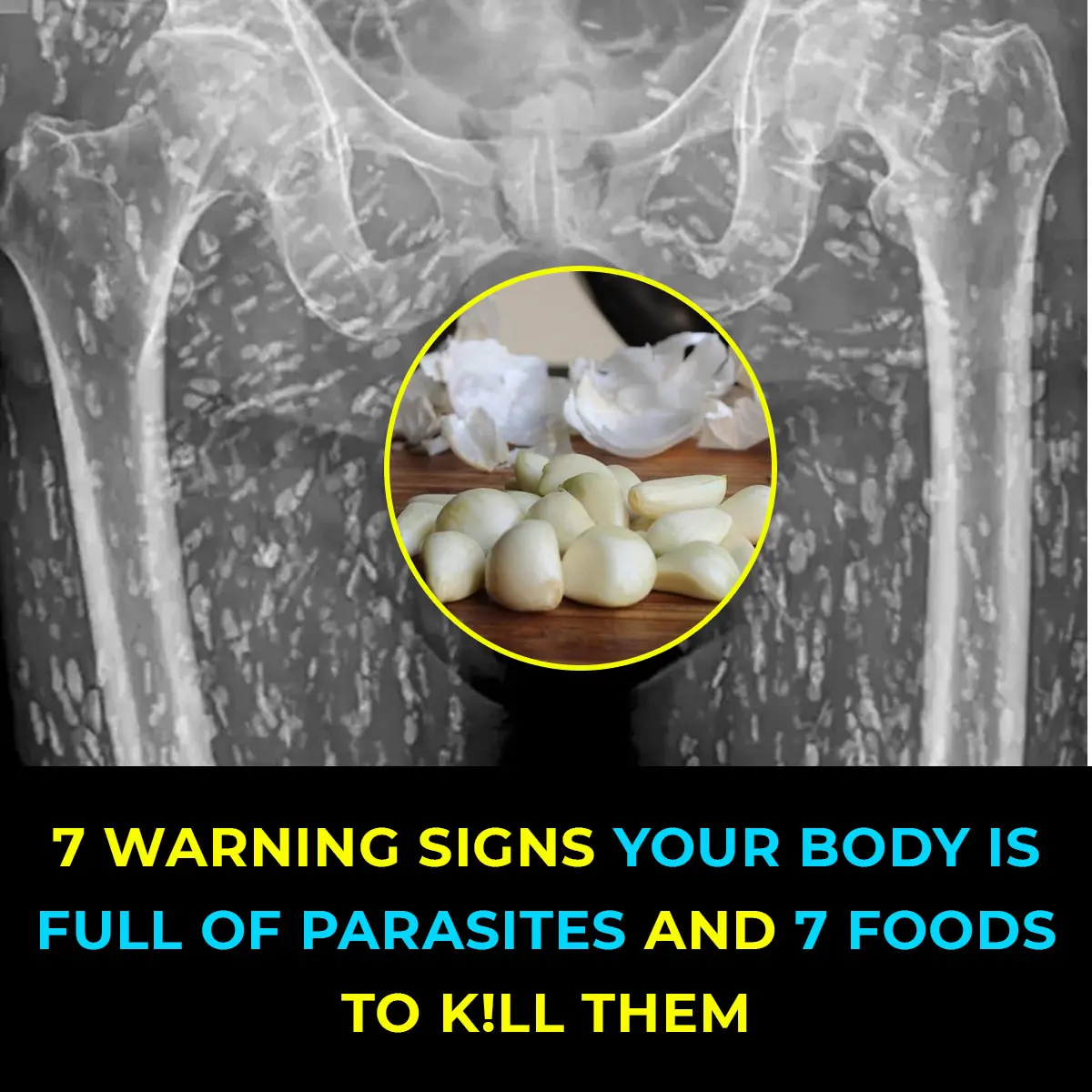
10 Warning Signs of Parasites in Your Body

Diet and Uric Acid: Foods to Avoid for Gout Prevention

Hiker Encounters Massive Snake Camouflaged Along South Carolina Creek

8 Foods That Help Eliminate Cancer Cells

David Quammen, the COVID Predictor Warns of New Pandemic Threats
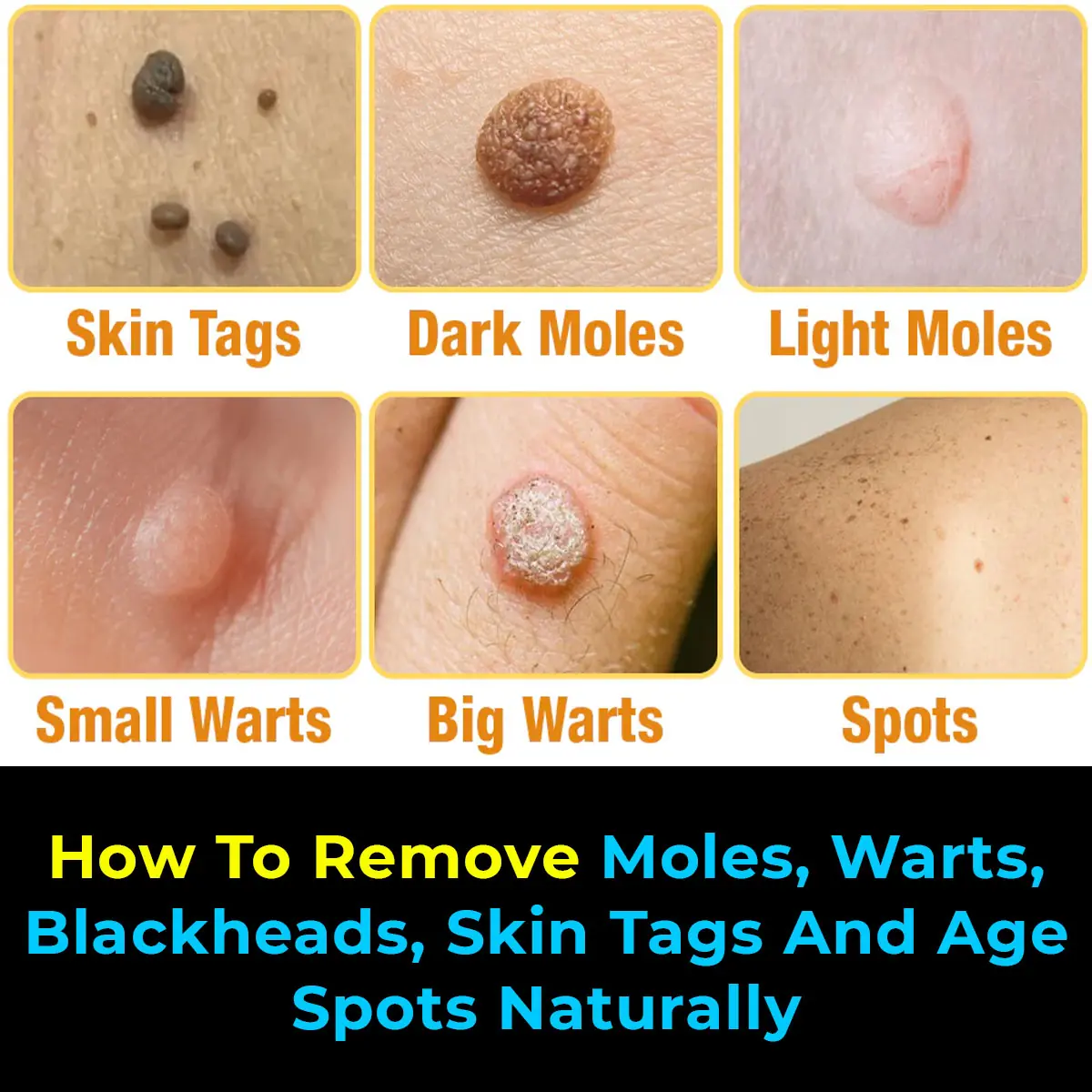
Natural Remedies to Address Skin Tags, Warts, and Blackheads

Tips for Selecting Fresh Pork at the Market
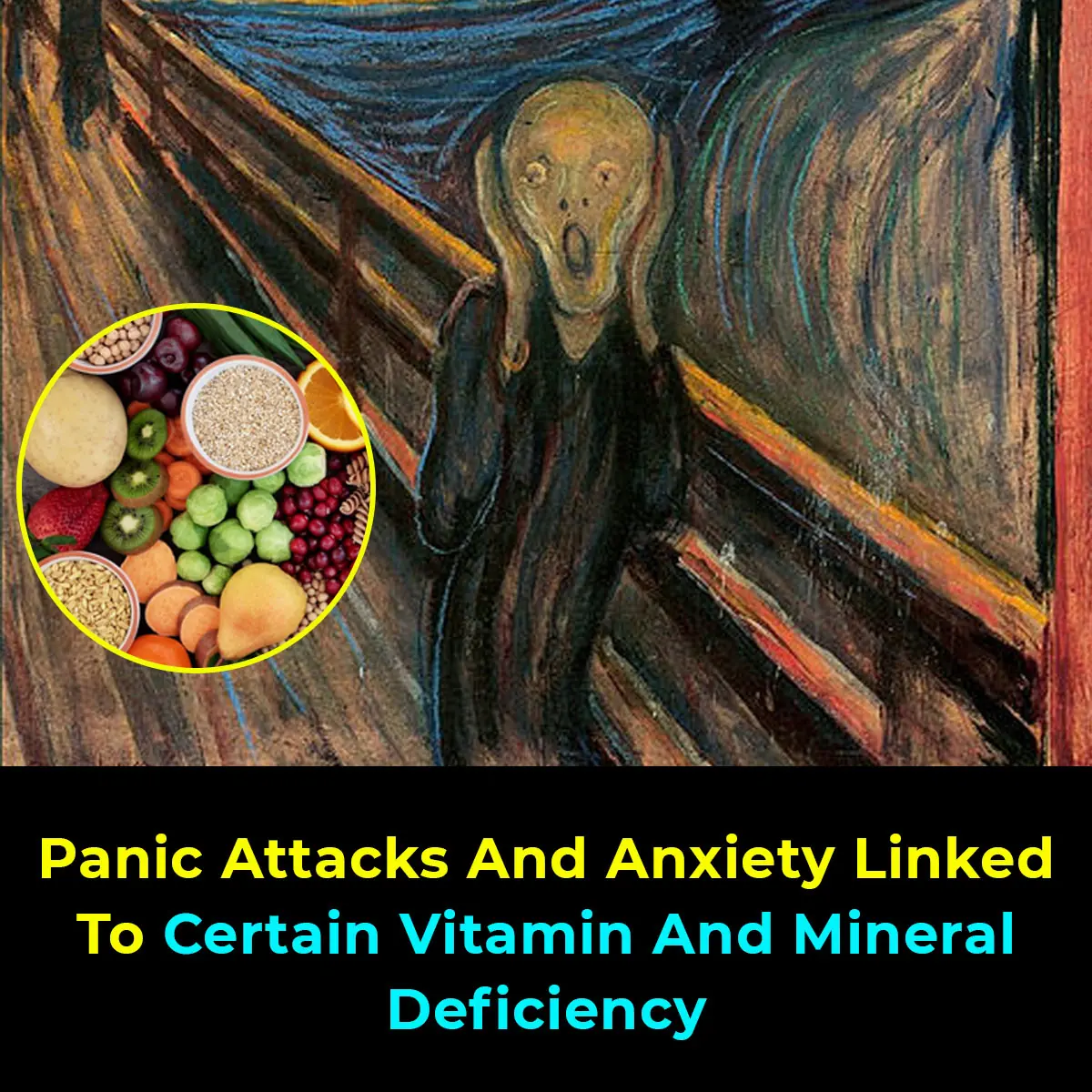
The Deficiency of These Vitamins Contributes to Panic Attacks

Researchers Find Higher Intelligence Is Correlated With Left-Wing Beliefs and Seems to Be Genetic

Urgent Health Warning Issued After Pigs With ‘Neon Blue’ Flesh Are Discovered in One Specific Part of the Us

25-Year-Old Groom Dies from Acute Liver Failure After Eating Chicken – Doctors Warn of One Critical Danger!
Doctors caution people with pre-existing liver conditions, weakened immune systems, or chronic illnesses to exercise extra care when handling poultry and other high-risk.
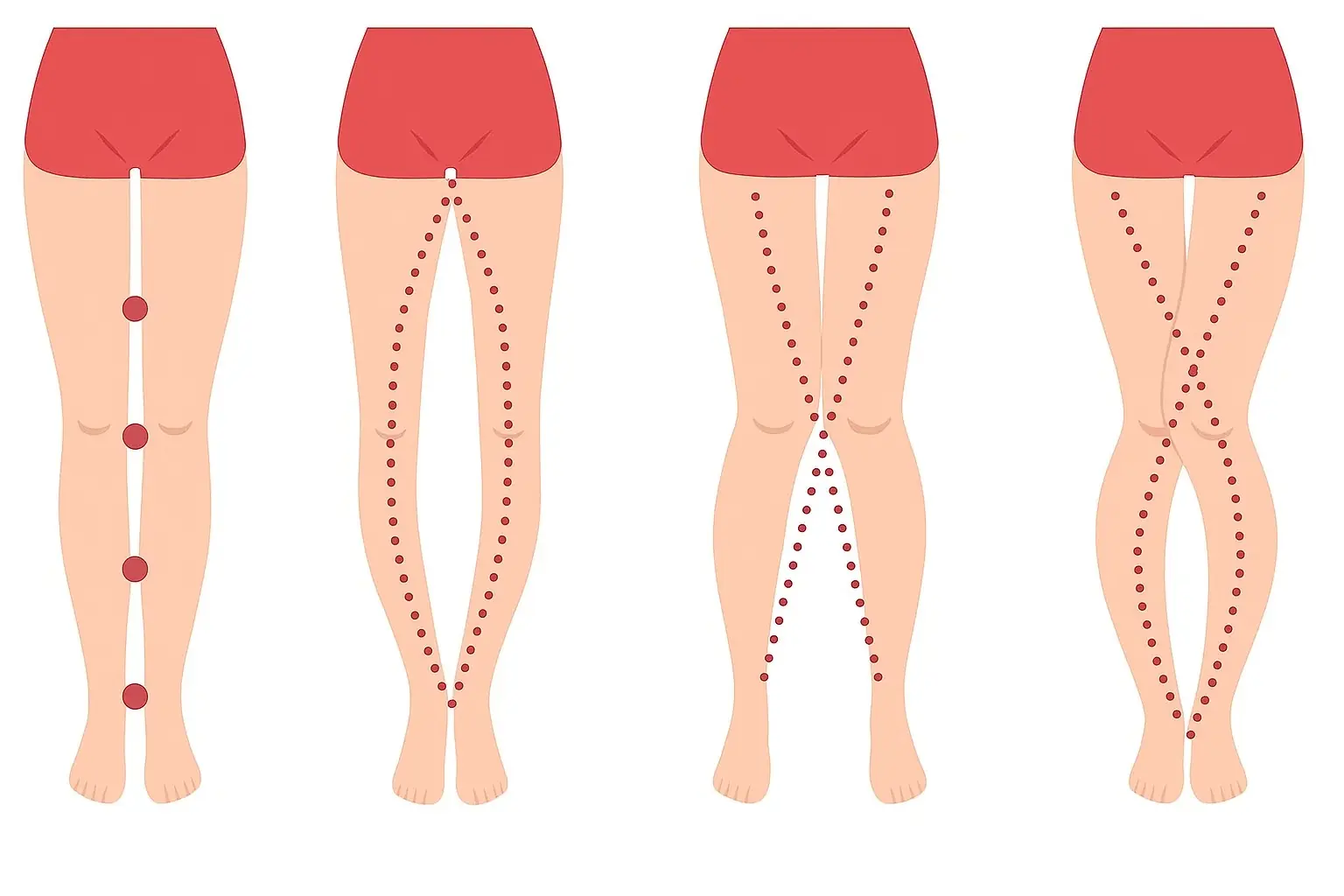
What Your Legs Can’t Say, Your Vagina Can — The Truth About the Female Body Most People Don’t Know
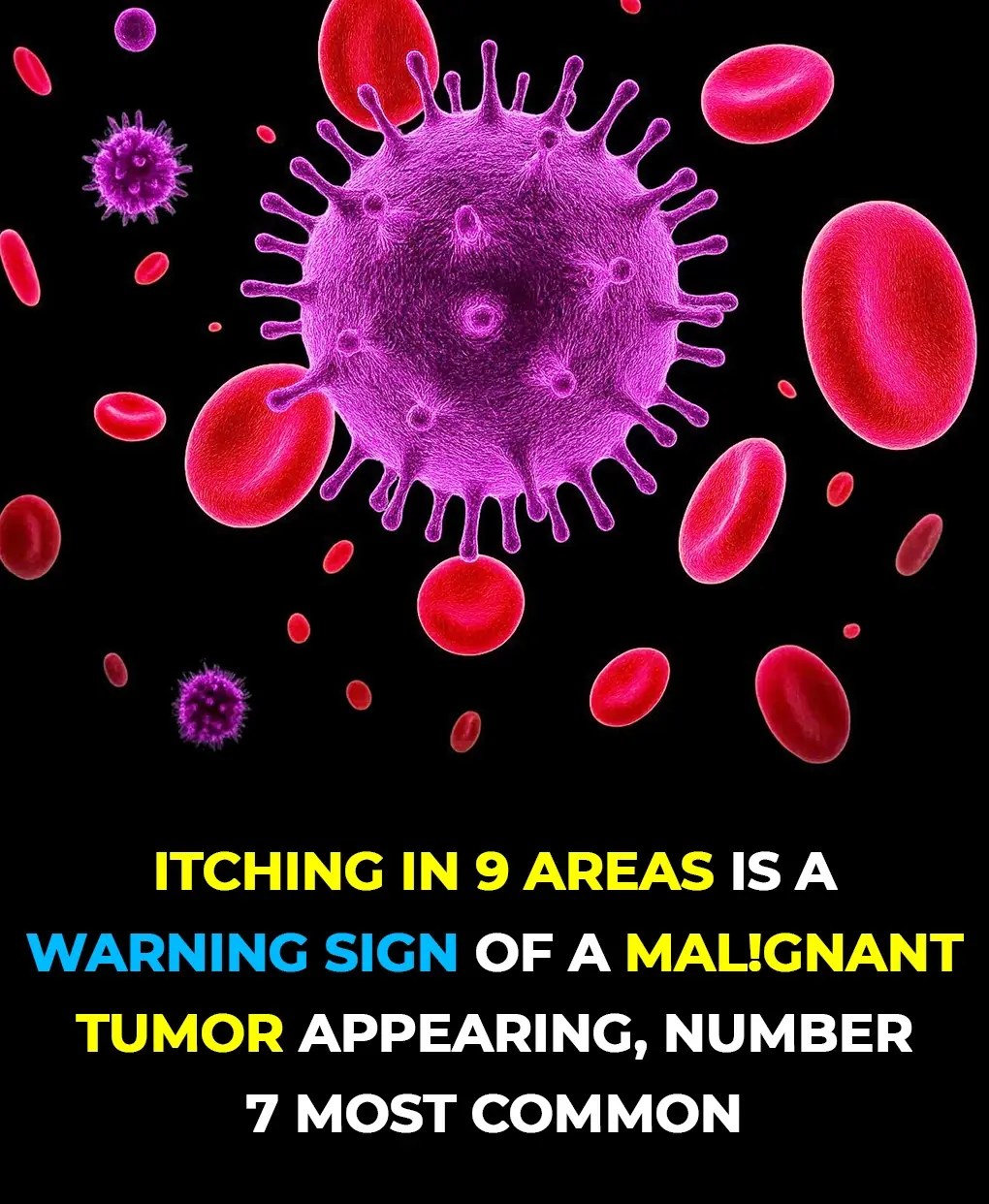
9 Areas Where Itching Could Signal Malignant Tumors — #7 Happens Most Often

The World’s Deadliest Food Kills 200 People Every Year — Yet 500 Million Still Eat It
Despite its deadly reputation, millions of people continue to eat this every day without issue.
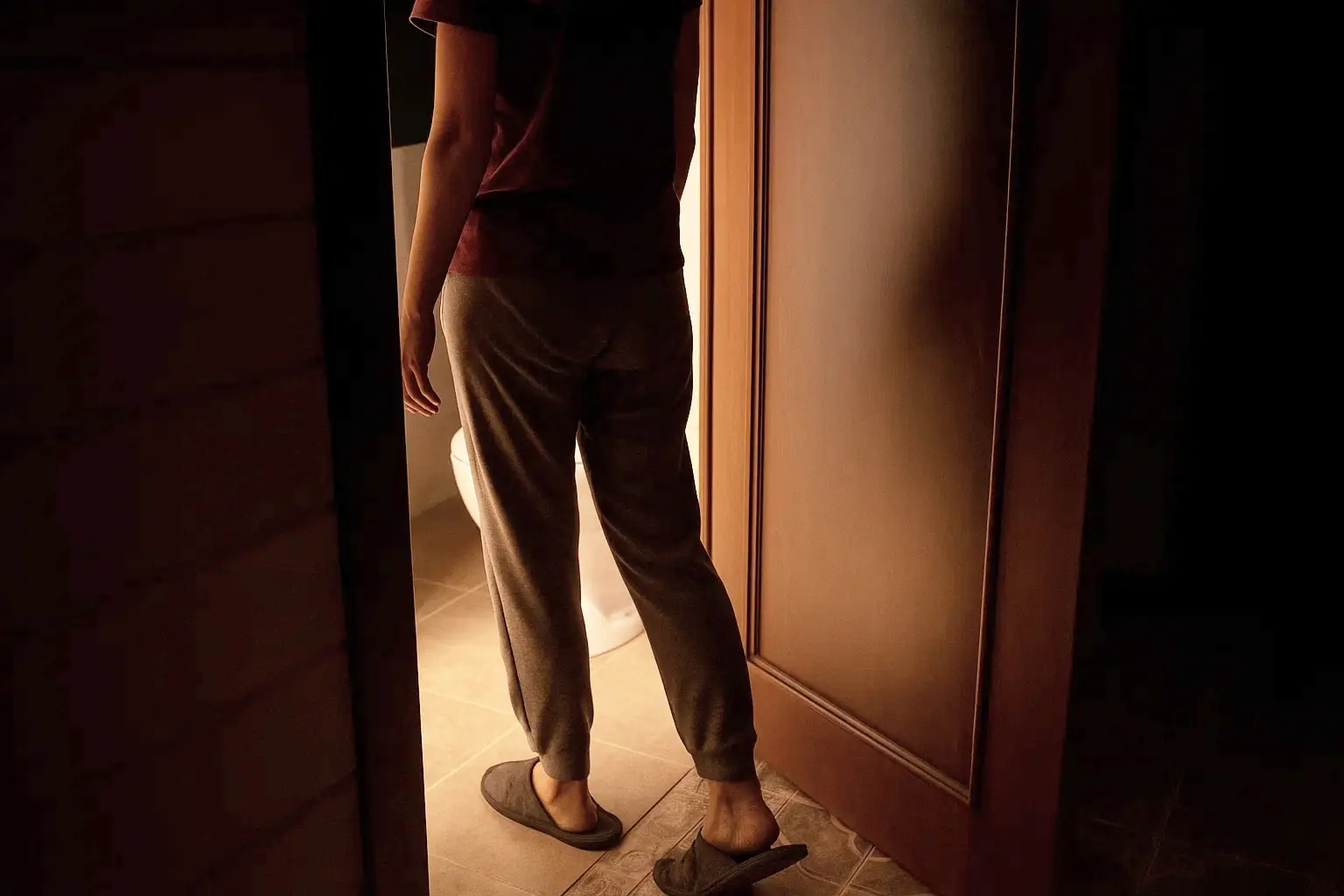
Everything You Need to Know About Nighttime Urination And When To Start Worrying
